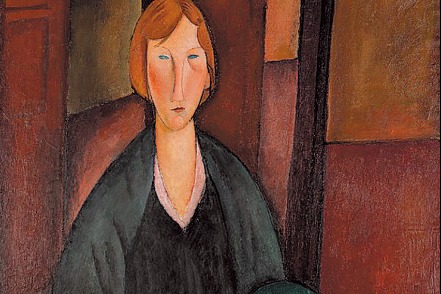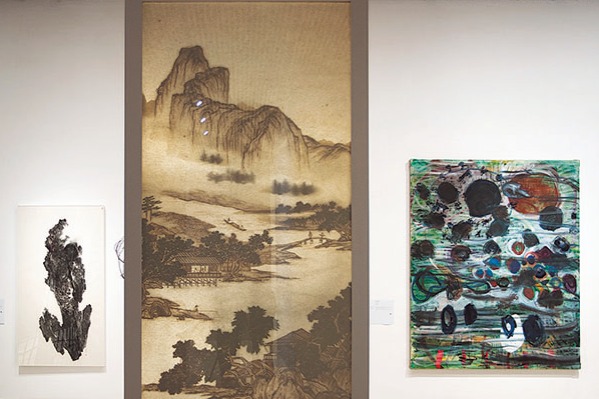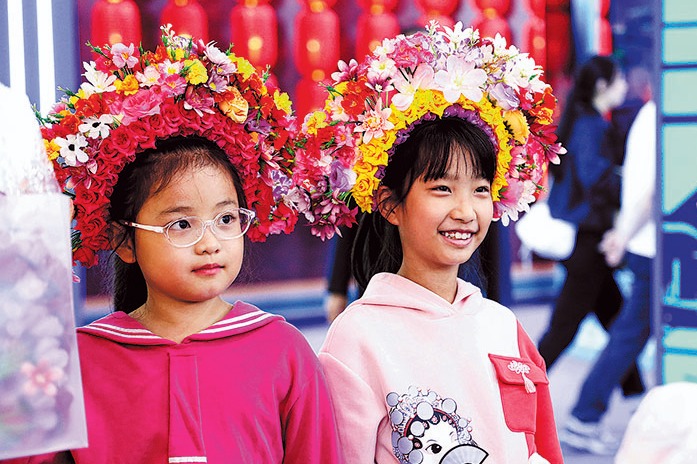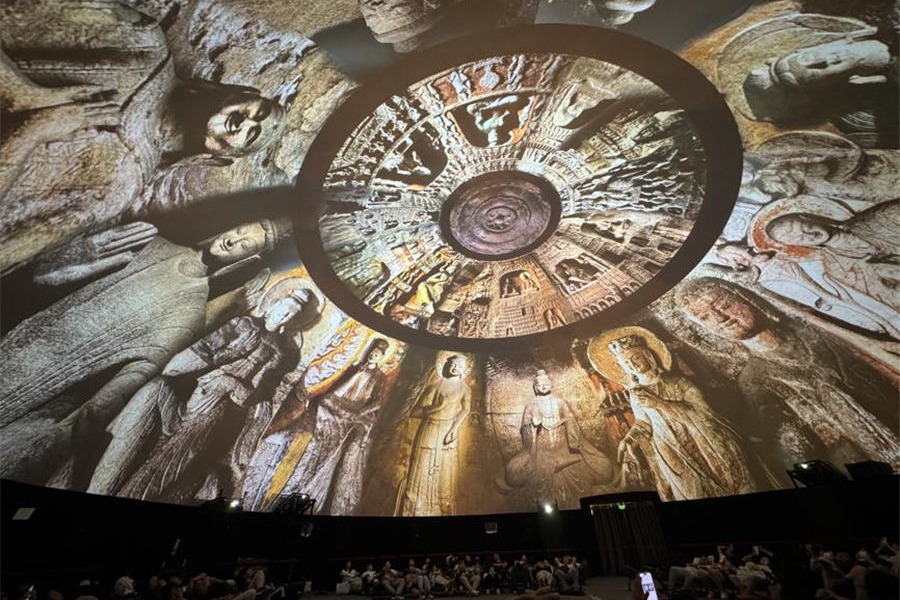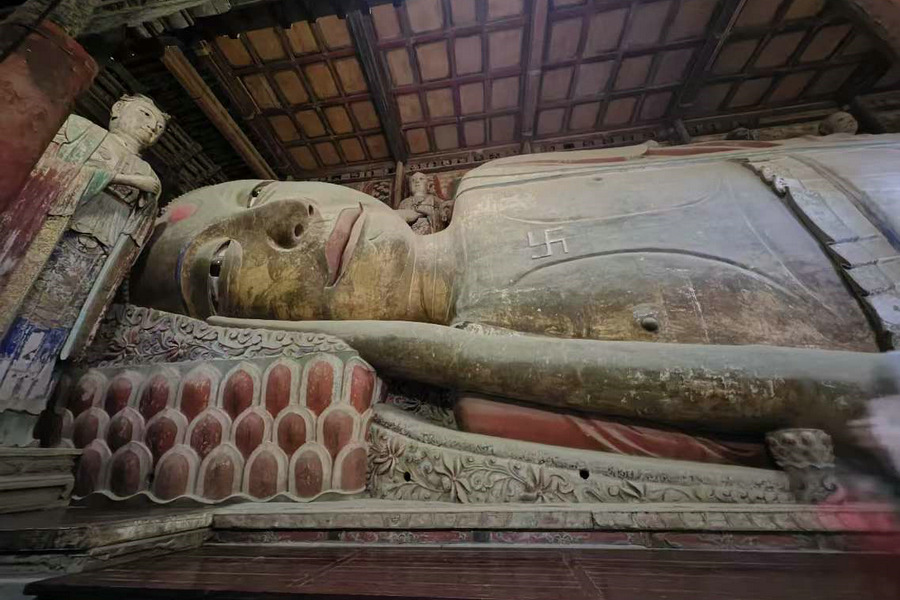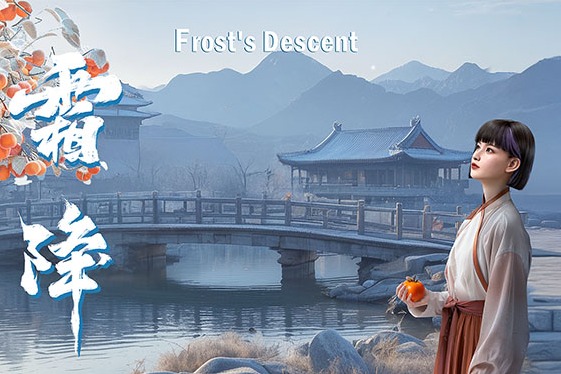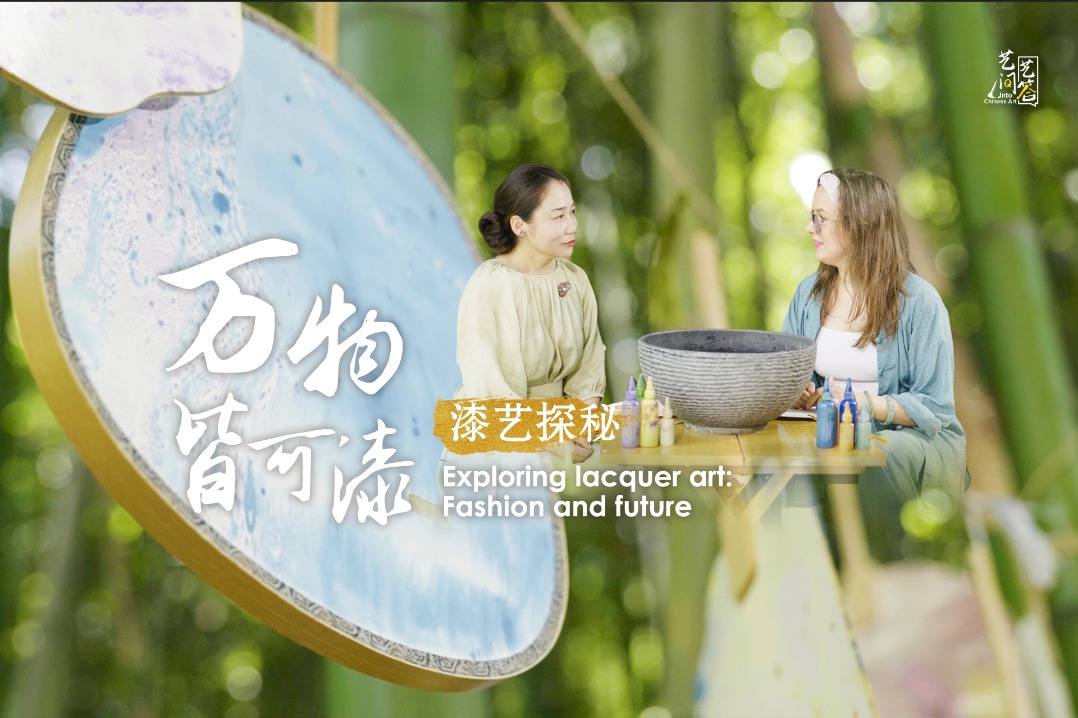Integrating ancient classics studies with the world

It's been more than three decades since Sinologist Martin Kern studied at Peking University in the late 1980s under Yuan Xingpei, a well-known expert on classical Chinese literature.
Kern had been a journalist for four years before he started studying Sinology at the University of Cologne in Germany. He was looking for a field with which he was not familiar, so he took up contemporary Chinese poetry and came to Beijing on a scholarship from the German government in 1987.
Over the course of the following two years, he became interested in the early works of Chinese literature and "went backward into antiquity", as he himself has put it. His focus remains the same today.
As a professor at the Department of East Asian Studies at Princeton University in the United States, and codirector of the International Center for the Study of Ancient Text Cultures at Renmin University of China, his academic interest mainly covers literature from the Western Zhou Dynasty (c. 11th century-771 BC) to the Han Dynasty (206 BC-AD 220).
For Kern, this is a period when early China's textual culture — integrating philosophical and literary traditions, as well as historical narratives — was closely related to the social and political development of that time.
During an academic forum themed "From Practices to Things: First Books in the Ancient World" at RUC's Suzhou Campus in Jiangsu province in late August, he argued that although writing had appeared much earlier in China, it was not until the 5th century BC that a broader textual culture emerged out of practices such as philosophical debate, poetry performances, historical anecdotes, royal speeches and political observations.
These shorter texts — poems, speeches, anecdotes or essays — were compiled into larger anthologies of anonymous individual texts, giving rise to an early book culture which prioritized compilation and annotation over authorship, interpretation and commentary over the written text itself.
At the forum, established Chinese and foreign scholars discussed the formation and development of early textual cultures in major ancient civilizations such as those of Greece, Rome, Egypt, Sumer and China, in terms of the social and cultural atmosphere, knowledge practices, participants, materials and mediums that facilitated their invention.
"It's so important to strengthen international collaboration and make connections," Kern says. "For many years, I have encouraged my friends and colleagues here in China to learn a foreign language, read foreign scholarship on early China, as well as scholarship on other ancient civilizations, so that we can have a real conversation.
"We need to develop a shared intellectual language where we share ideas, concepts and questions," he adds.
Xu Jianwei, professor at the School of Liberal Arts at RUC, says that according to his own observations, many high-level scholars of other major ancient civilizations share common working languages — mostly English, German and French — which means they can easily read each other's academic findings.
However, they are seldom exposed to Chinese studies and ancient texts, and few Chinese scholars are able to read and write well in other languages. As a result, the study of early China has been isolated from the global academic community.
"We need to introduce Chinese classical studies into a broader framework of global civilizations studies and related discourse systems," Xu says, adding that it's a pity that the wealth of ancient Chinese texts have yet to provide inspiration and contribute to the development of humanities around the world.
He calls for a change in the way of storytelling and writing by Chinese scholars, saying that holding events like the forum, and bringing domestic and foreign scholars together, will help them work out how they can make themselves understood to an international audience.
Kern says that there was a time when discussions of classical studies in the West revolved largely around ancient Greece and Rome, but that studies of the ancient world now increasingly involve dozens of classical traditions, including that of early China.
Xu says that for a century, Chinese scholars have become used to a classification system that categorizes the study of ancient textual cultures into disciplines such as history, philosophy and Chinese literature, but he adds that it's time to bring back the field of "Chinese classical studies", which breaks the current disciplinary boundaries, and is consistent with the academic tradition of ancient China that has proved efficient over the course of history.

















